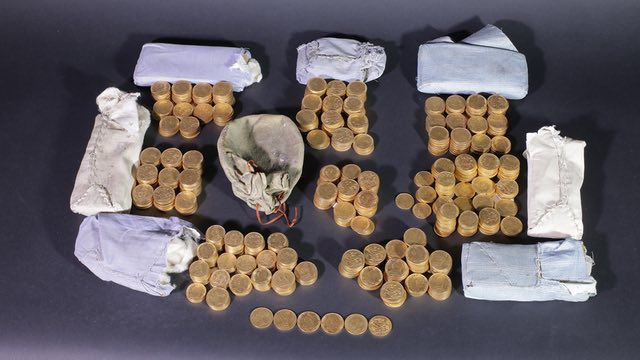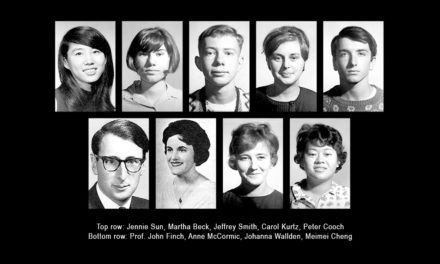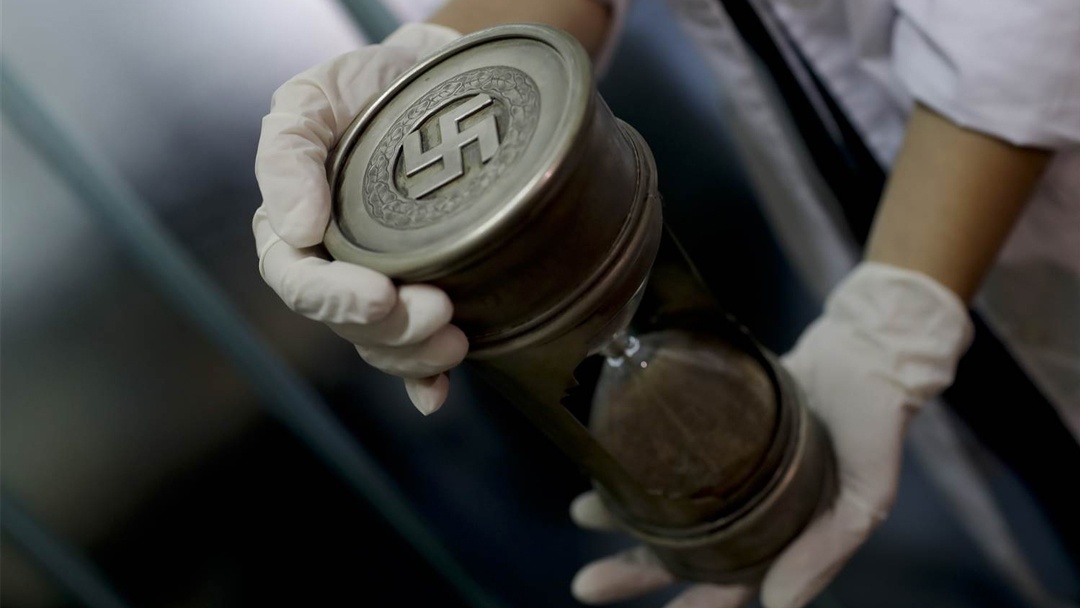British officials say they’ve been unable to trace the rightful heirs to a trove of gold coins found stashed inside a piano and worth a “life-changing” amount of money.
The school that owns the piano and the tuner who found the gold are now in line for a windfall after a coroner investigating the find declared it treasure. But a couple who owned the piano for three decades before donating it to their local school will likely miss out.
Yes, a fortune found inside a piano, the sort of piano that changes hands every generation or so, that has had several owners… someone, somewhere along the line stashed a lot of gold in this one, in the form of precious coins.
But, why in God’s name stash gold in a piano, and then let the piano and it’s hidden riches get away from you?
The piano was owned for 33 years by Graham and Meg Hemmings, who donated it last year to the school near their home. But Meg Hemmings said she’s not bitter at missing out on treasure that was right under her nose.
“The sadness is, it’s not a complete story,” she said. “They’ve looked and searched for the people and they unfortunately haven’t come forward.
“It’s an incomplete story — but it’s still an exciting story.
If you’re looking for a plot for a good mystery novel, this might be it. First you have the intrigue of why someone might squirrel away a king’s ransom of gold inside a piano. Was the piano owned by their family at the time, and they needed to stash gold that no one else knew about? Or was the piano in some boarding house or small church, and the gold suddenly needed a hiding place, as in the zany events of some bad television comedy?
After a time, the piano is sold second hand to the Hemmings family. Did the owners of the gold have no control over the sale, no warning, no way to recover the loot? Or perhaps they’d died or disappeared for other reasons—that could be quite a story in itself–leaving the loot to wander through the future until discovery by a piano tuner years later.
Gold is heavy and coins are noisy—why was the interior stash not noticed until the piano was opened for other reasons? The weight of gold is easily disguised in something much heavier, a piano. And perhaps some noise is expected from the bowels of a piano as it’s moved, and no one noticed a jingle or two of old coins.
But still, why? And from where, who had all that wealth in gold, but a need to hide it?
Under British law, the finder and the current owner, now a local school, will split the bounty. But who will go back in time to solve the mystery?













